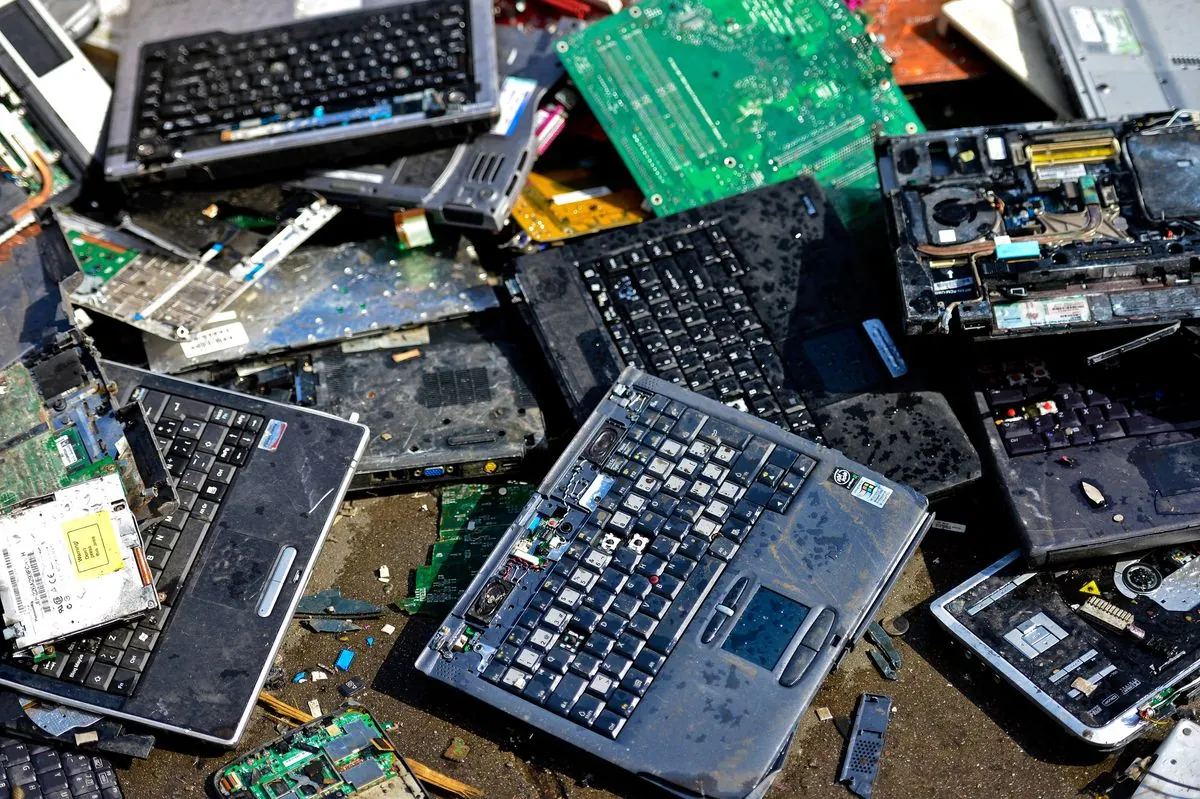The recent deadly explosion of Asian-branded pagers and walkie-talkies in Lebanon has exposed significant vulnerabilities in the global electronics supply chain. This incident, which resulted in 37 fatalities and approximately 3,000 injuries, has prompted a thorough investigation into the origins and distribution channels of these weaponized devices.
Gold Apollo, a Taiwan-based company, has attributed responsibility to a European licensee for the compromised pager. This revelation has triggered investigations across multiple European countries, including Hungary, Bulgaria, Norway, and Romania. Concurrently, Icom, a Japanese electronics manufacturer, has expressed uncertainty regarding the authenticity of the walkie-talkies bearing its brand name.
The complexity of tracing these older electronic devices stems from several factors:
- Prevalence of counterfeit products
- Surplus inventory management
- Intricate contract manufacturing agreements
- Lack of stringent supply chain controls for older technologies
David Fincher, a China-based technology consultant, notes that while the engineering required to implant explosives in these devices is remarkable, compromising the supply chain itself is not particularly challenging. He emphasizes the prevalence of counterfeit products, especially in major manufacturing hubs like China.
According to a security source, Hezbollah acquired these devices approximately five months ago, believing they were purchasing genuine products from Gold Apollo. The hand-held radios, obtained around the same time, bore Icom labels and the phrase "Made in Japan."
Both Gold Apollo and Icom have categorically denied the possibility of the deadly components originating from their respective home locations. Taiwan's Economy Minister, Kuo Jyh-huei, has also stated that the components used in the detonated pagers were not manufactured in Taiwan.
Joe Simone, a partner at Chinese intellectual property firm East IP, highlights the challenges smaller brands face in combating counterfeits:
"Authorities are happy to deal with low-tech counterfeits but the IP owners need to monitor, investigate and file complaints and that doesn't always happen as much as it might for high-tech and bigger technology brands."
Icom faces additional complications due to discontinuing the IC-V82 model a decade ago, coinciding with the introduction of holographic stickers as an anti-counterfeiting measure. The company has consistently warned about imitation products, particularly of its older models.
The prevalence of counterfeit electronics is a significant issue in Japan, with over 7% of firms reporting business losses from fake products in 2020. Approximately one-third of these cases were linked to China.
Despite Icom's efforts to direct customers to its official distributor network, numerous online platforms in China, including Alibaba.com, Taobao, JD.com, and Pinduoduo, continue to sell Icom-branded walkie-talkies, including the discontinued IC-V82 model.
As investigations continue, this incident serves as a stark reminder of the ongoing challenges in maintaining supply chain integrity and preventing the weaponization of everyday electronic devices.
